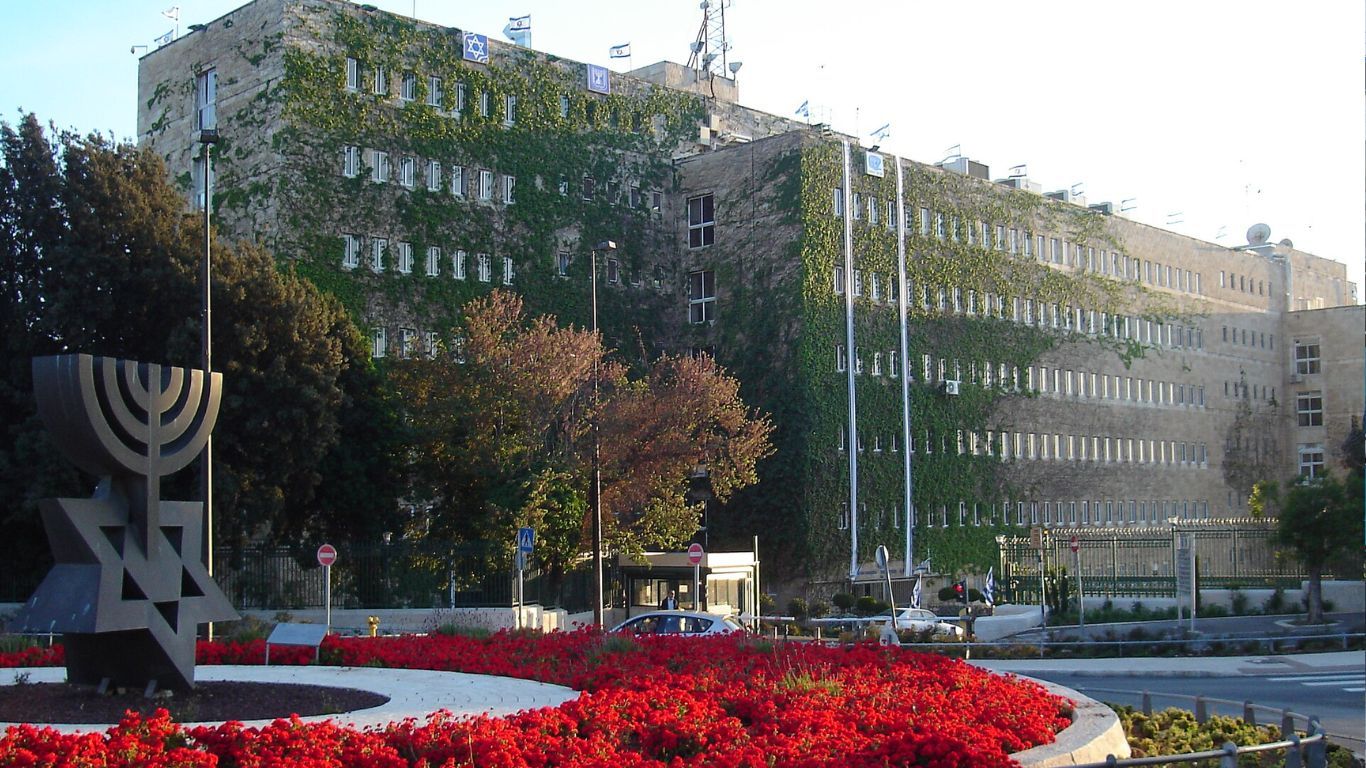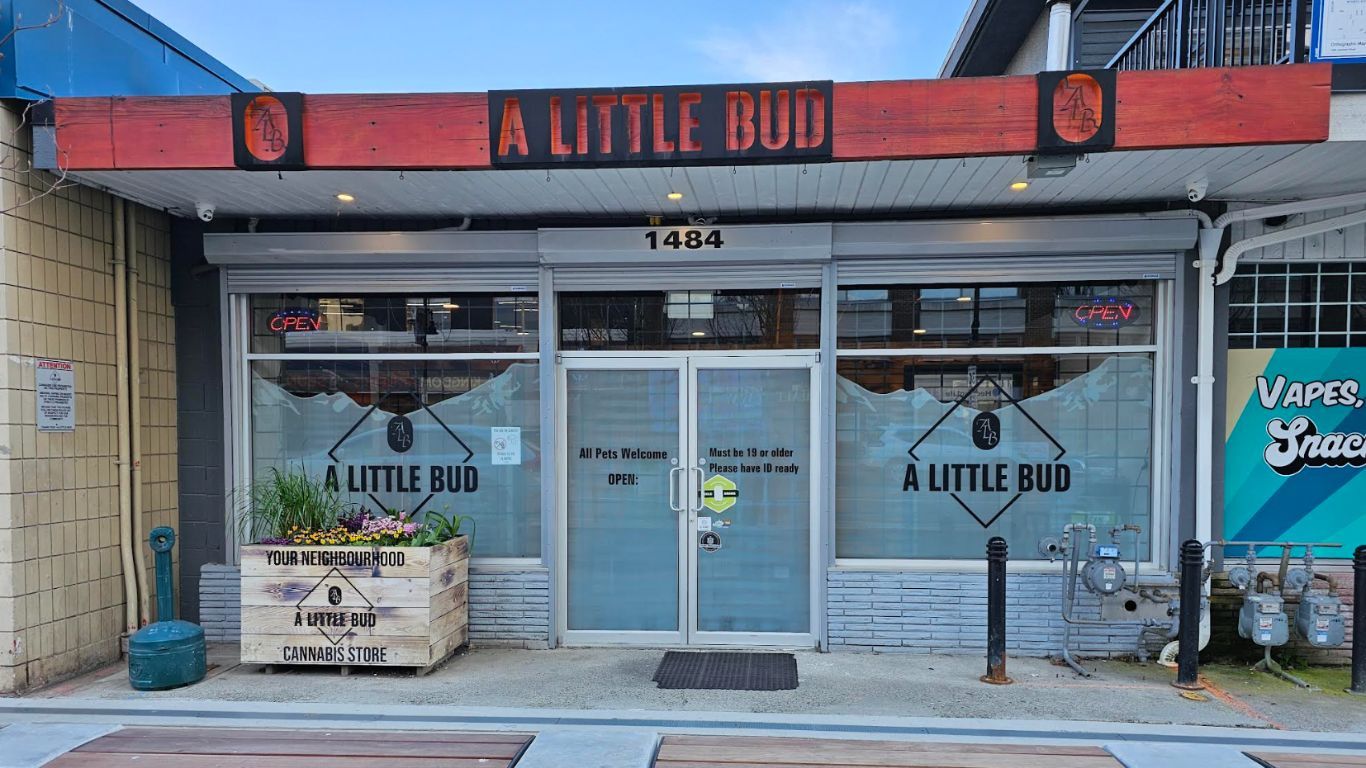
Cannabis producers say they are being told by the BC government that the province is indefinitely postponing their direct delivery program due to issues related to the ongoing job action by the BCGEU.
The direct delivery program was set to launch August 15 and would allow certain BC-grown cannabis products to be shipped directly to cannabis retailers, bypassing the province’s distribution centre in the Lower Mainland.
Producers and retailers were initially very excited by the program, which had been in the works long before the current job action that has shut down BC’s cannabis (and alcohol) centralized distribution centres.
The BC LDB has not directly responded to media requests from StratCann on the subject of direct delivery since its launch on August 15, and has not provided any official confirmation on this change as of yet.
A recent release by the BCGEU—which notes the BC government and the union have re-opened negotiations—says that both the union and the province have also now agreed to a media and member communications blackout.
However, StratCann has confirmed with several cannabis producers who had already received initial approval for participation in the program that they have now been informed by representatives of the provincial government that the LDB will no longer be authorizing any new products or producers until aspects of the ongoing labour dispute with the BC General Employees Union are resolved.
The LDB told producers via email on August 19 that they were in “active discussions” with their government counterparts “to determine how to proceed with the launch of the direct delivery program while operating in this dynamic environment”.
Following that internal meeting, producers are now being told that the program is being delayed indefinitely. It is not known when or if the program will be re-opened and more companies and products can be approved and authorized.
StratCann has also confirmed that at least one company, Cake and Caviar, was able to get products fully approved for direct delivery prior to the program being temporarily halted. The BC company confirms they have made some deliveries of those three approved SKUs with the full blessing of the province, but will not be able to have any other products approved until the program is re-opened.
Several other companies have posted online that they are approved as producers, but there is no confirmation of additional approved SKUs at this time.
The direct delivery program works with several layers of approvals. Cultivators need to first show they are based in British Columbia and produce no more than 3,000kg a year, then the company processing and packaging that flower also needs their own approval from the LDB. Only then can the specific product SKUs receive authorization and then be listed in the BC LDB direct delivery wholesale website for retailers.
Retailers can then contact those producers who have products listed and can arrange to have those products delivered directly to their store.
The BC Government has told some producers they will be issuing fines to companies who have shipped product without all the approvals and authorizations in place.
William Marshal, the owner of Aaron’s BC Bud on Vancouver Island, which received initial approval as a cultivator and processor to participate in the direct delivery program and was waiting on approval, but now says he’s now left waiting without any way to sell his product.
“Why would they pull this small, insignificant thing back to the table or to appease (the union)?” asks Marshall. “What could this possibly do? It’s such a small amount of work for them, it seems to me it’s more of a way to hammer home who is the boss here.”
Marshall says the representative he spoke with was not able to tell him when the program would begin authorizations again.
Kirk Dressler, the Director of Legal and Corporate Services with the Williams Lake First Nation (WLFN) and the CEO of Unity Cannabis and Sugar Cane Cannabis, both operated by WLFN, says Sugar Cane was already an approved producer and their processor in Mission, BC, TriCanna, was an approved processor, but they were still waiting on the authorization of their SKU. (TriCanna is also the approved processor for Cake and Caviar’s products).
WLFN then spoke to a representative from the LDB on August 23 who told them the program was being suspended and the First Nation grower would not be able to get approval for those products until it was re-opened.
“Our understanding is the province is suspending the direct delivery program generally, until further notice,” explains Dressler. “Our understanding is it’s connected to a specific grievance that arose in relation to the storage of materials off-site at the commencement of the strike. I’m still not entirely clear on how it’s connected to direct delivery or whether this adjudication that apparently resulted in the decision to suspend the program connects to this issue. I don’t exactly know.”
Dressler says their frustration is multiplied by the fact that WLFN has signed a Section 119 agreement with the BC government that is supposed to allow for such deliveries.
“It’s an incredible stretch to say that this is somehow caught up in the system of this grievance when we’re talking about First Nations products that never came…anywhere in proximity to the care and control of the LDB, and all that is required is someone press a button,” adds Dressler.
Section 119 allows the BC Government to enter into agreements with an Indigenous nation with respect to cannabis. BC’s Cannabis Control and Licensing Act restricts businesses from operating in both the cannabis production and retail sectors, but the section 119 agreement creates an allowance for this.
Janine Davis, Director of Sales at Joint Venture Craft Cannabis, a processor located in Salmon Arm who primarily works with small-scale BC growers, says they have four cultivators they work with who are approved in the program but have been unable to get approved themselves and therefore all those products are also on halt.
“At Joint Venture Craft Cannabis we have done everything that we were directed to do by the government,” says Davis. “We feel very abandoned by the BC NDP.”
Davis says she is in talks with others in the industry to look at potential legal action against the government for their lack of clarity on this process.
More on this story as information becomes available.











